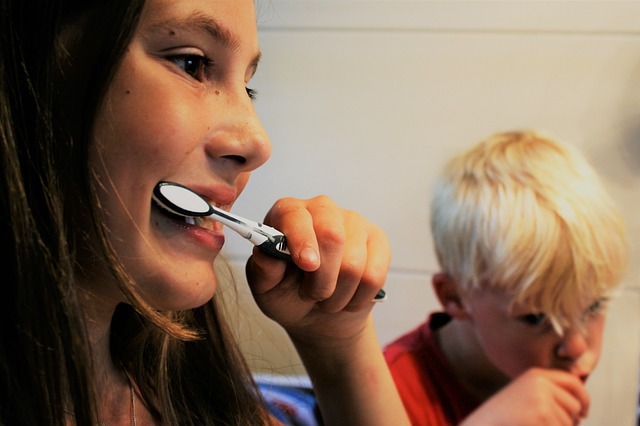A weekly routine is crucial for child development as it provides a structured and predictable environment that helps children feel secure and understand what to expect each day. Consistent routines support the development of time management skills, helping children learn to anticipate and prepare for various activities, which fosters independence and confidence. Regular routines also contribute to emotional stability by reducing anxiety and promoting a sense of order. Additionally, routines can improve behavioral regulation by establishing clear expectations and patterns, making transitions smoother and minimizing conflicts. This does not mean that everyday has to look the exact same, that is not realistic. Although routines might look different day to day, there are some aspects within the day that might not change drastically. For example, establishing a nightly bedtime routine (i.e. dinner, bath, pajamas, brush teeth, read book, lights out by 8:00pm), or a morning routine before school (i.e. 7am wake up, get dressed, eat breakfast, brush teeth, out the door by 8am). These semi-structured routines might be somewhat consistent during the weekdays and will help promote smoother transitions in the mornings and nights. These can be presented in visual schedules, verbal reminders, or checklists for aided support. Overall, a well-structured weekly routine supports cognitive, emotional, and social development, providing a foundation for a child’s overall well-being and growth.
Get a Free Online Assessment
Looking for an expert opinion on your child's needs? Fill out a 3 minute questionnaire and receive a personal evaluation from our staff




